3 Ways Coregulation is the Key to Raising an Emotionally Healthy Child
Coregulation, or co-regulation, is a term that means “an interpersonal process in which participants continuously adjust their interactions in a coordinated pattern to co-create and maintain a positive emotional state” (source)
In plainer terms related to parenting, it means that we, the adult, stay alongside a child who’s experiencing emotional distress to help them become calm. The “co” in “co-regulating” means we do this together rather than separately.
Co-regulation goes far beyond just telling a child to “calm down,” however. (In fact, that’s not part of the process.) Co-regulation is a key tenet of conscious parenting.
How Co-regulation with Parents Develops into Self-Regulation in Children
Although it would be convenient if a young child could learn self-regulation (or the ability to “self-soothe”) on their own, we know from fairly recent research that their brain and nervous system aren’t capable of that for quite some time. Expecting a child to self-soothe is essentially a myth based on an outdated understanding of children’s developmental psychology.
Co-regulation paves the way for a children to be able to self-regulate eventually, but they need to practice alongside us, first. Co-regulatory interactions with us are key to their social-emotional development. They use our emotional regulation as a model of how to nurture their own self-regulation skills.
Co-regulation is the stepping stone to self-regulation.
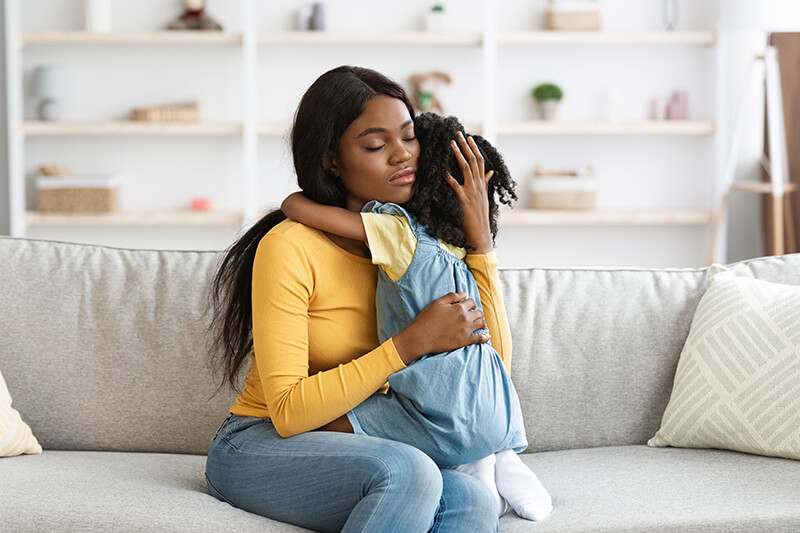
How to Increase Protective Factors in your Homes and Community
The CDC lays out two kinds of protective factors – those that happen on the individual/family level, and those that originate on a community level, and below are lists of potential protective factors from both categories to help you best care for the children and adolescents in your life.
How Emotional Regulation Develops In The Brain
The short answer is that the nervous system and brain learn self-regulation skills over time, in these two ways:
- Age (source). There’s no “magical” age by which children should be able to master self-regulation; even adults sometimes use co-regulation with other adults when we’re in need of support.
- Practice in an emotionally safe environment (source).
In truth, children take years to learn effective regulation strategies. It is not reasonable to expect an underdeveloped brain to be able to master adult-sized emotional self-regulation strategies. We cannot effectively teach “self-soothing skills” when the brain of the young child simply isn’t ready yet.
Child development takes time
There’s a reason why it’s called child development and not just child readiness. The part of the brain that can think about consequences, take others’ perspectives, and plan for the future doesn’t fully develop until they’re between 25-30 years old. It takes years of practice before young children develop these skills.
Book recommendation: Peaceful Discipline: Story Teaching, Brain Science, and Better Behavior
This “evolving” brain as the child grows explains why children struggle with consistent behaviors and emotional development. One day they seem able to have the ability to self-regulate, and the next, they may have zero capacity to handle stressful situations.
There’s nothing “wrong” with them. Their brains are simply learning which patterns should stick and which they don’t need. It’s not just a matter of us telling them how to co-regulate or self-regulate; they need to experience mutual regulation many times before the brain solidifies the concept.
Children grow their brains over time, and children learn whether or not their primary caregivers are there to support them along the way.
In short, they need us.
How to co-regulate
Coregulation in parenting is a dynamic between parents and children, but the first step is to start by looking within. Self-regulation comes first from us because our brains are fully developed (even if we still struggle sometimes, too).

First, self-regulate
Parents have to be in touch with their own nervous system and identify their own feelings before they can co-regulate with a child. Co-regulation is impossible if we’re a hot mess.
Self-soothing is possible for adults only because we’ve had many years of practicing how to remain calm in the midst of struggles (remembering, again, that even adults occasionally need to co-regulate.
Related article: How to Find an Effective Discipline Strategy
tools for adults to learn self regulation
Good news. You can effectively rewire your brain even if your self-regulation development is not where you’d like it to be…yet. These simple exercises can help you when you’re struggling, and they offer long-term benefits.
When you feel strong feelings arising in your body, these tools can help you feel calm:
- Take deep breaths, with your exhale longer than your inhale, multiple times (source)
- Spend time in nature (source)
- Pray or meditate (source)
- Examine your own thinking and set an intention about how you want to respond (source)
Once you’re regulated, you can problem solve with your children more effectively.
Co-regulation with kids
Early years
The early years are full of big feelings for children. They spend a fair amount of time in a deregulated state. Many people know that infant behavior requires co-regulation, but it’s true for “little kids” beyond infancy, too.
Even young children can benefit from co-regulation, by watching your body language and facial expressions and learning whether they feel safe in your presence. Simply hold space for their feelings as part of co-regulation, and practice naming and modeling how you handle your own big feelings. They’re paying close attention.
Why co-regulation works: the brain has something called “mirror neurons” that actually make emotions contagious. They can essentially “pick up” your calm state.
Middle childhood (ages 6 to 10)
If you haven’t already started teaching children about emotional intelligence alongside co-regulation, now’s a great time to begin (here’s how). Many people erroneously assume that children this age no longer need co-regulation, but co-regulating is just as beneficial for this age as it is for younger children.
Early adolescence (ages 11 to 14)
Children still aren’t too old for co-regulation. If they’ve had ample practice co-regulating with you, they may need your support less, but they absolutely still benefit from it when they need support.
From late adolescence to adulthood
Guess what? Co-regulation is still important, especially as children navigate romantic relationships and other adult-like interactions. Offer support if they need and want it. They’re not too old.
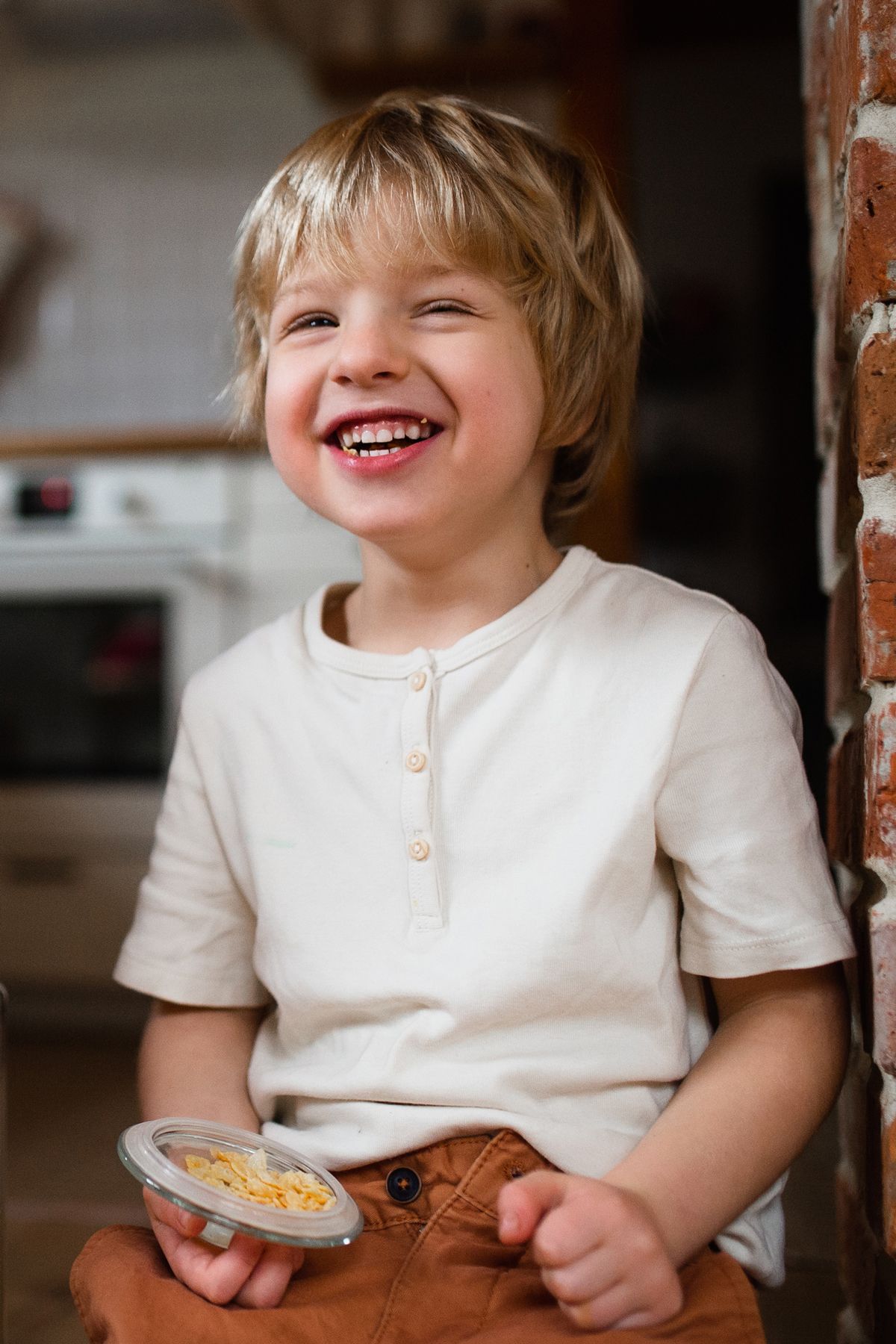
3 Ways Coregulation Contributes to Children’s Emotional Well-Being
1. Co-regulation models for children that they can turn to others to support when they’re struggling.
Although many parents worry that their children aren’t “independent enough,” independence comes naturally when children feel safe to explore their surroundings, knowing they have a “home base” to which to return.
In this day and age of the current mental health crisis, it’s critical that children know how to ask for support when they need it.
We want our kids to reach out when they face emotional distress. We want them to know they’re not alone.
They do these things by co-regulating with us, first–building trust that it’s safe to turn to others.
2. Co-regulation with parents now gives kids a healthy example to follow later in life.
“…Well-self-regulated people are the most capable of interacting fruitfully with others in a community and of nurturing children who will also grow into self-regulated adults. Anything that interferes with that natural agenda threatens the organism’s chances for long-term survival…” – Dr. Gabor Maté
A child will need co-regulation skills throughout their life!
3. Co-regulation helps children feel “seen.”
Feeling “seen” is one of the tenets of secure attachment, which offers lifelong benefits. When a parent chooses to pay close attention to their child and give them the sense that they matter, children grow up believing that they do matter.
Children who feel seen go on to lead happier and more fulfilling lives. (source)
Using co-regulation, parenting becomes a more fulfilling experience
Whether raising young children or older ones, co-regulation has the same effect: parents help a child learn to regulate and use strategies that will serve them well in all relationships throughout their lives. Plus, the more adults and children feel safe and connected in each other’s presence, the more we can be emotionally “at home” and at peace together.
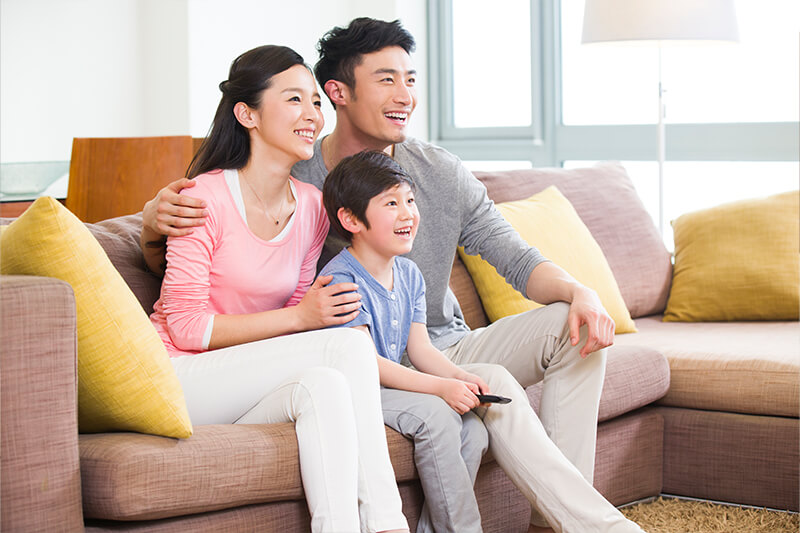
By being here, you’re impacting generations.
American Society for the Positive Care of Children is dedicated to preventing child maltreatment and raising awareness of the lifelong impacts of adverse childhood experiences by providing parents with the skills, tools, and educational resources that build their confidence and capacity as caregivers and create more positive childhood experiences. We’re able to continue providing resources like these free of charge to nearly 1,000,000 families who rely on us annually thanks to the generosity of our supporters.
Take action to reduce Adverse Childhood Experiences for the Next Generation Today.
Related Topics
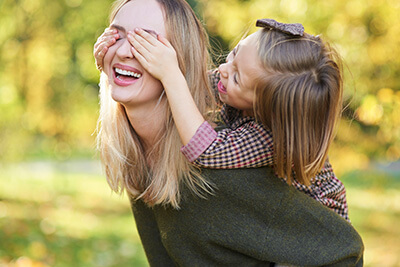
What are Positive Childhood Experiences
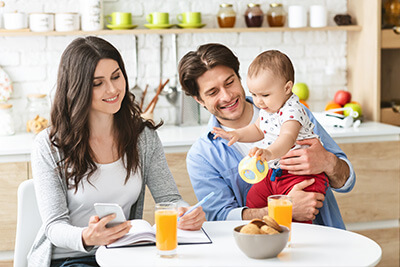
Take The PCEs Quiz
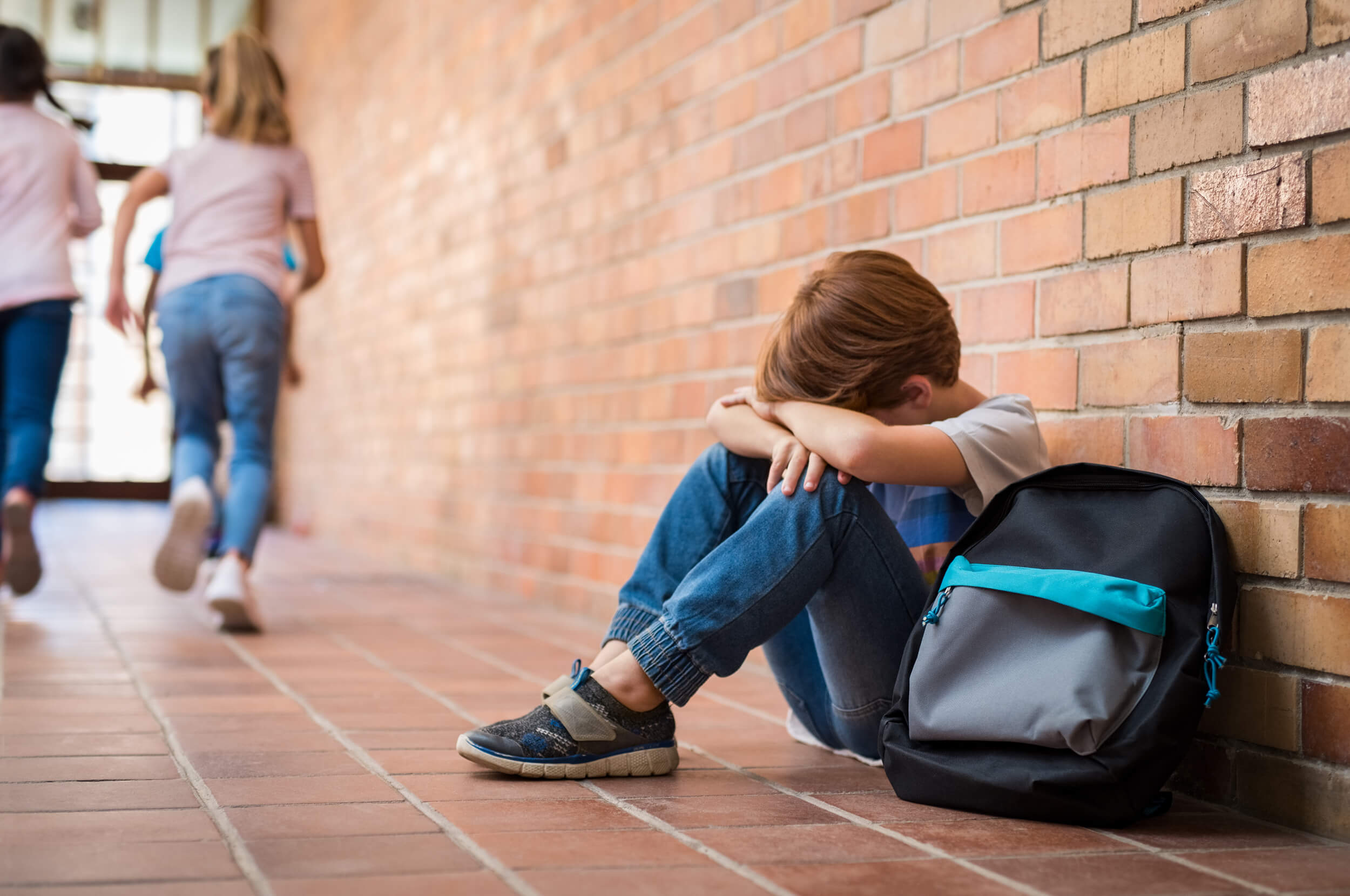
Take The ACEs Quiz

What Are ACEs?

